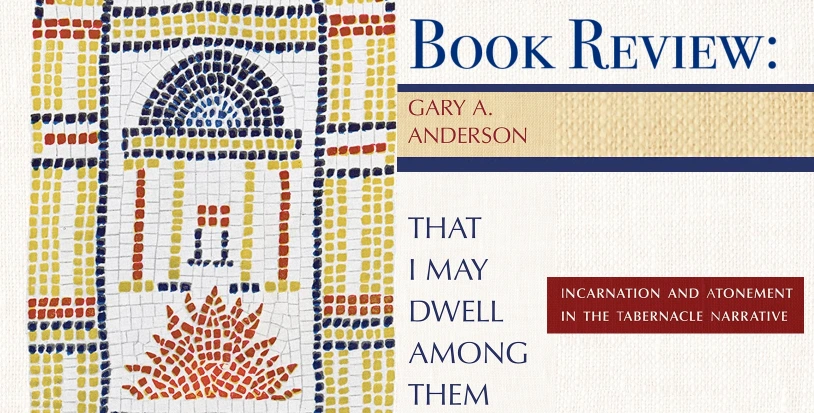Anderson’s book is a re-evaluation of Israel’s Temple and sacrifice, which JP readers are sure to enjoy.
Feast of the Circumcision (New Year’s Day)
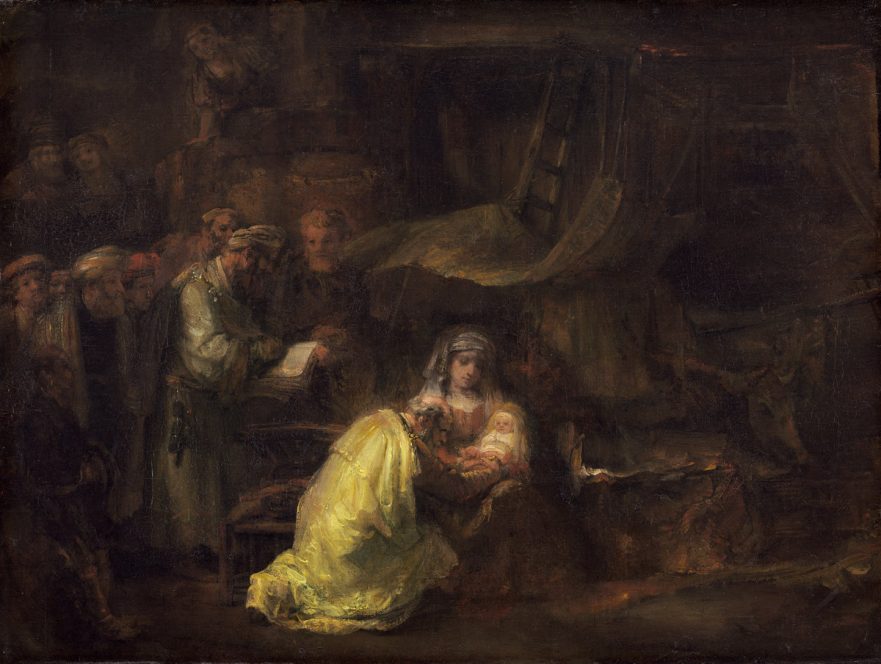
The first of January, celebrated around the world as New Year’s Day, is also the eighth day of Christmas and, as such, the Feast of the Circumcision and Naming of Jesus. Of course, no one knows on what day of the year Jesus was actually born, but since it has become traditional to celebrate Jesus’ birth on the 25th of December, it follows that the first of January is the day on which Christians celebrate the circumcision and naming of Jesus.
The Messianic Consciousness of Jesus: Lesson 01
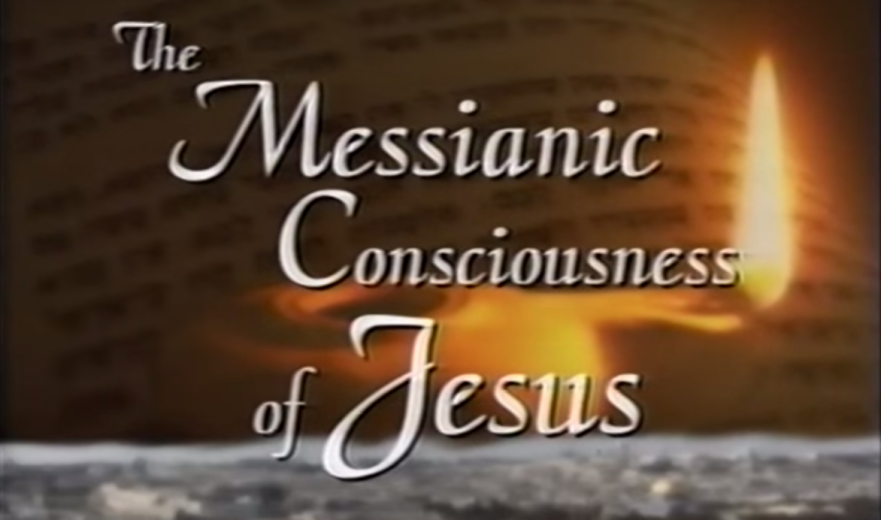
In Lesson One of The Messianic Consciousness of Jesus series, Dr. Robert L. Lindsey examines the story of the youthful Jesus asking and answering questions in the Temple.
The Messianic Consciousness of Jesus: Lesson 12

In Lesson Twelve of The Messianic Consciousness of Jesus series, Dr. Robert L. Lindesy discusses the significance of Jesus’ title “Lord.”
The Messianic Consciousness of Jesus: Lesson 11

In Lesson Eleven of The Messianic Consciousness of Jesus series, Dr. Robert L. Lindsey discusses the story of Peter’s confession of Jesus as the Messiah of God (Luke 9:20; cf. Matt. 16:16; Mark 8:29).
The Messianic Consciousness of Jesus: Lesson 10

In Lesson Ten of The Messianic Consciousness of Jesus series, Dr. Robert L. Lindsey discusses “Son of Man” as a messianic title from Daniel 7:13 in the saying, “The Son of Man came eating and drinking, and they say, ‘Here is a glutton and a drunkard, a friend of tax collectors and sinners’” (Matt. 11:19 // Luke 7:34). Lindsey also discusses the story of Zacchaeus (Luke 19:1-10) in which the title “Son of Man” appears.
The Messianic Consciousness of Jesus: Lesson 09

In Lesson Nine of The Messianic Consciousness of Jesus series, Dr. Robert L. Lindsey discusses Jesus’ riddle about the Messiah and David’s Son (Matt. 22:41-46; Mark 12:35-37; Luke 20:41-44) and the Healing of the Paralyzed Man story (Matt. 9:1-8; Mark 2:1-12; Luke 5:17-26).
The Messianic Consciousness of Jesus: Lesson 08

In Lesson Eight of The Messianic Consciousness of Jesus series, Dr. Robert L. Lindsey discusses messianic titles in the Hebrew Scriptures and Jesus’ saying about Jonah and Solomon in Matt. 12:38-42.
The Messianic Consciousness of Jesus: Lesson 07

In Lesson Seven of The Messianic Consciousness of Jesus series, Dr. Robert L. Lindsey continues his discussion of Jesus’ sermon in the Nazareth synagogue.
The Messianic Consciousness of Jesus: Lesson 06

In Lesson Six of The Messianic Consciousness of Jesus series, Dr. Robert L. Lindsey examines the story of Jesus preaching in the Nazareth synagogue (Luke 4:16-21).
The Messianic Consciousness of Jesus: Lesson 05

In Lesson Five of The Messianic Consciousness of Jesus series, Dr. Robert L. Lindsey examines Jesus’ saying about the son who knows the father (Matt. 11:27 // Luke 10:22).
The Messianic Consciousness of Jesus: Lesson 04

In Lesson Four of The Messianic Consciousness of Jesus series, Dr. Robert Lindsey examines the story of Jesus’ temptation.
The Messianic Consciousness of Jesus: Lesson 03

In Lesson Three of The Messianic Consciousness of Jesus series, Dr. Robert Lindsey examines the story of Jesus’ baptism.
The Messianic Consciousness of Jesus: Lesson 02

In Lesson Two of The Messianic Consciousness of Jesus series, Dr. Robert L. Lindsey examines the interrogation of Jesus by the chief priests and the origin of the Son of God concept.
On “Blood” in the Apostolic Decree (Acts 15:19-20)

Flusser and Safrai’s premise is that “blood” in this passage does not refer to the consumption of blood but rather to murder. They conclude that the apostolic decision prohibiting eating meat sacrificed to idols, fornication, and blood is equal to the rabbinic decree that under penalty of death a Jew may violate any of the commandments of the Torah with the exception of idolatry, adultery and murder.
Christians and Biblical “Law”

Jesus was Jewish and so were his disciples. He did not start a new religion, but his movement was consistent with being one of several sects of first-century Judaism. There were probably essentially very few non-Jewish followers of “The Way” (Jesus, Yeshua) for the first ten years or so after his death and resurrection.
The Apostolic Decree and the Noahide Commandments
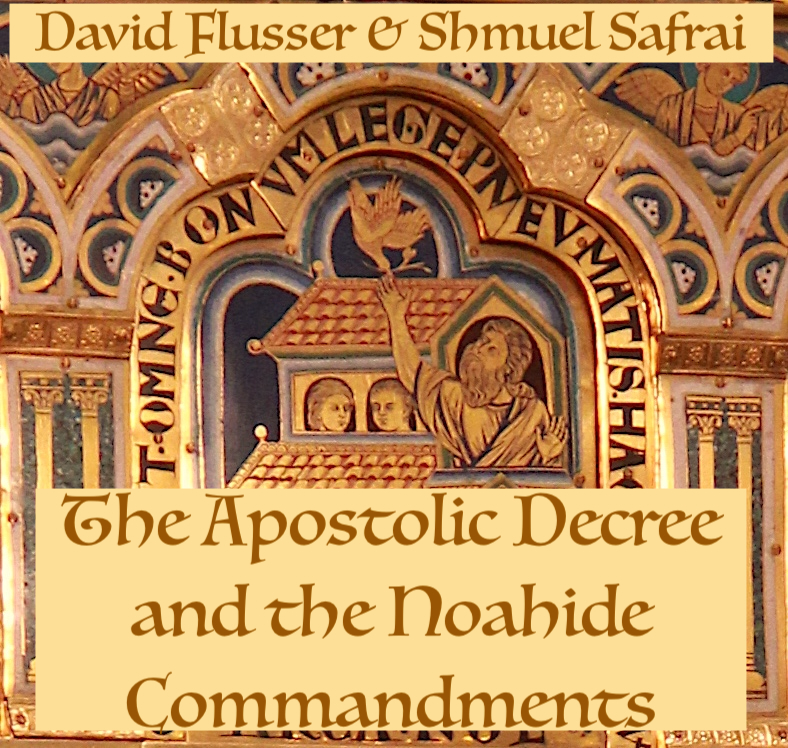
Jerusalem Perspective is pleased to make available to the English-speaking world this important article written originally in German by David Flusser and Shmuel Safrai: “Das Aposteldekret und die Noachitischen Gebote,” in Wer Tora mehrt, mehrt Leben: Festgabe fur Heinz Kremers (ed. E. Brocke and H.-J. Borkenings; Neukirchen-Vluyn, 1986), 173-192.
The “Hypocrisy” of the Pharisees
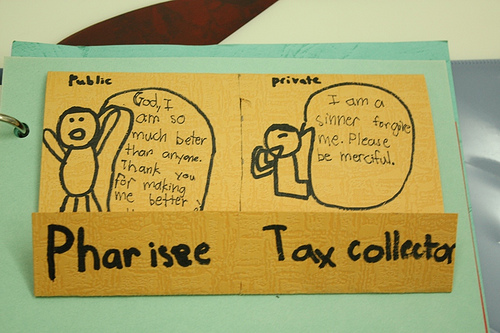
Without reading the Scriptures carefully, and without a familiarity with Second Temple-period extra-biblical sources, a simple reader of the New Testament might assume that a majority of the Pharisees were hypocrites and that the Pharisees as a movement were indeed a “brood of vipers.” As a result of this common Christian assumption, the word “Pharisee” has become a synonym for “hypocrite” in the English language.

